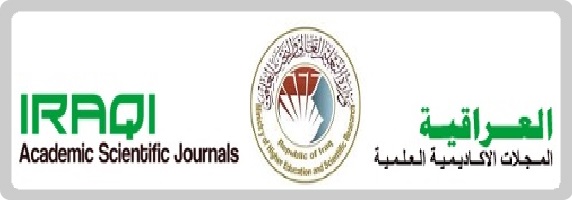Future prospects for banks’ accounting knowledge according to the pillars of the digital economy - An exploratory study of a sample of academics and professionals in Iraq.
Abstract
Accounting has witnessed a significant development in light of the rapid transformations witnessed by the digital economy, which directly affects all areas of human activity. Hence, the importance of accounting knowledge in the banking sector opens new horizons for improving its accounting system. On this basis, the research problem came by raising several questions, including: Is there a statistically significant relationship or not between accounting knowledge in banks and the pillars of the digital economy? The other researched, whether there is a relationship or not between each of the pillars of the digital economy (technological infrastructure, education and skills, digital innovation, sustainable development, and growth of financial services) with accounting knowledge in banks. The research aimed to find the quality and impact of the relationship between accounting knowledge in banks and the pillars of the digital economy. The research relied in its approach to achieve these goals on the descriptive analytical approach for the practical side by collecting data through distributing a questionnaire to a sample of the academic community in universities, institutes, and professionals in banks in Iraq. It also relied on the inductive approach for the theoretical side. The research reached several conclusions, there is a positive correlation between accounting knowledge in banks and the pillars of the digital economy. It also showed a statistically significant positive effect between the previous pillars of the digital economy and accounting knowledge in banks. As for the recommendations, educational and training programs should be developed that focus in the future on advanced accounting knowledge in banks by benefiting from the experiences of developed countries in this field. Needing for banks to establish strong internal control systems designed to mitigate the risks associated with digital accounting activities to ensure compliance with regulatory standards and sustainable development




